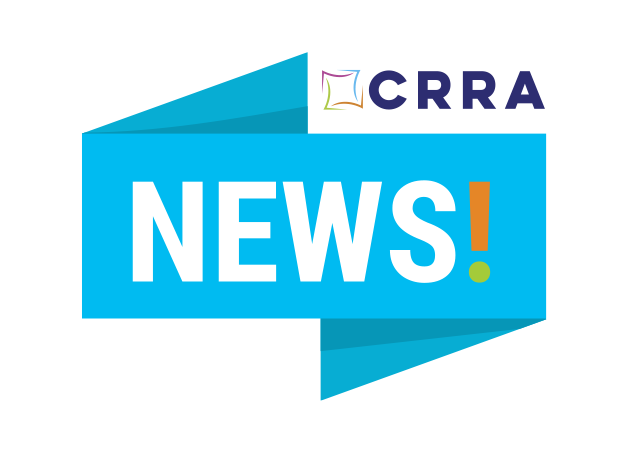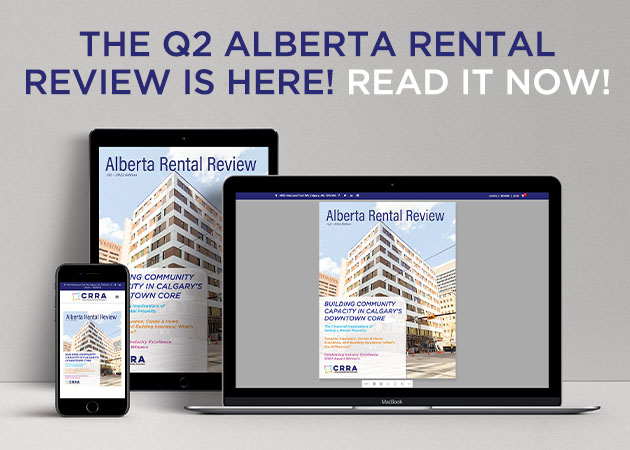Navigating the Alberta Residential Tenancy Act: A Comprehensive Guide for Landlords by the Calgary Residential Rental Association
In the dynamic landscape of residential tenancy, landlords in Alberta are forced to navigate a complex set of regulations outlined in the Residential Tenancy Act. To facilitate a harmonious landlord-tenant relationship and ensure compliance with the law, the Calgary Residential Rental Association (CRRA) offers a comprehensive guide. In this extensive exploration, we delve into the key recommendations for landlords, shedding light on how to best utilize and act within the framework of Alberta’s Residential Tenancy Act.
I. Understanding the Legal Landscape: Begin by grasping the fundamentals of Alberta’s Residential Tenancy Act. Explore the rights and responsibilities outlined for both landlords and tenants. The CRRA emphasizes the importance of clarity in lease agreements, ensuring that terms align with the legal framework to prevent disputes down the line.

II. Effective Communication: Transparent and open communication is the cornerstone of a successful landlord-tenant relationship. Learn how to establish clear lines of communication from the outset, including regular updates on property maintenance, any changes to terms, and a responsive approach to tenant inquiries. The CRRA recommends the use of written communication to maintain a documented record of interactions.

III. Lease Agreements and Tenancy Terms: Crafting a robust lease agreement is paramount, use the CRRA documents whenever possible. The CRRA provides insights into creating agreements that cover essential elements, including rent amounts, due dates, and the duration of the lease. Delve into the nuances of lease renewals, terminations, and the handling of security deposits to ensure compliance with the Residential Tenancy Act.

IV. Rent Increases and Fee Structures: Navigate the waters of rent increases judiciously, adhering to the guidelines set by the Residential Tenancy Act. The CRRA offers strategic approaches for landlords considering rent adjustments and provides clarity on allowable fees, ensuring a fair and legal practice.

V. Property Maintenance and Inspections: A well-maintained property is pivotal for tenant satisfaction and compliance with the law. Understand the landlord’s responsibilities regarding property maintenance, repairs, and inspections. Learn how to conduct inspections while respecting tenant rights, and discover the best practices endorsed by the CRRA.

VI. Handling Disputes and Evictions: Should disputes arise, it is essential to navigate them effectively and within the bounds of the law. The CRRA outlines steps for resolving conflicts amicably and provides guidance on the legal grounds for eviction, ensuring landlords follow due process while safeguarding their interests.

VII. Staying Informed and Adapting to Change: Legislation evolves, and landlords must stay abreast of any amendments to the Residential Tenancy Act. The CRRA recommends ongoing education, networking with fellow landlords, and leveraging resources to adapt to changes in the legal landscape.

The Calgary Residential Rental Association serves as a beacon of guidance for landlords navigating Alberta’s Residential Tenancy Act. By embracing transparency, effective communication, and a comprehensive understanding of legal obligations, landlords can foster positive relationships with tenants while ensuring compliance with the law. The CRRA’s recommendations serve as a roadmap for landlords, empowering them to navigate the intricacies of residential tenancy with confidence and proficiency.







